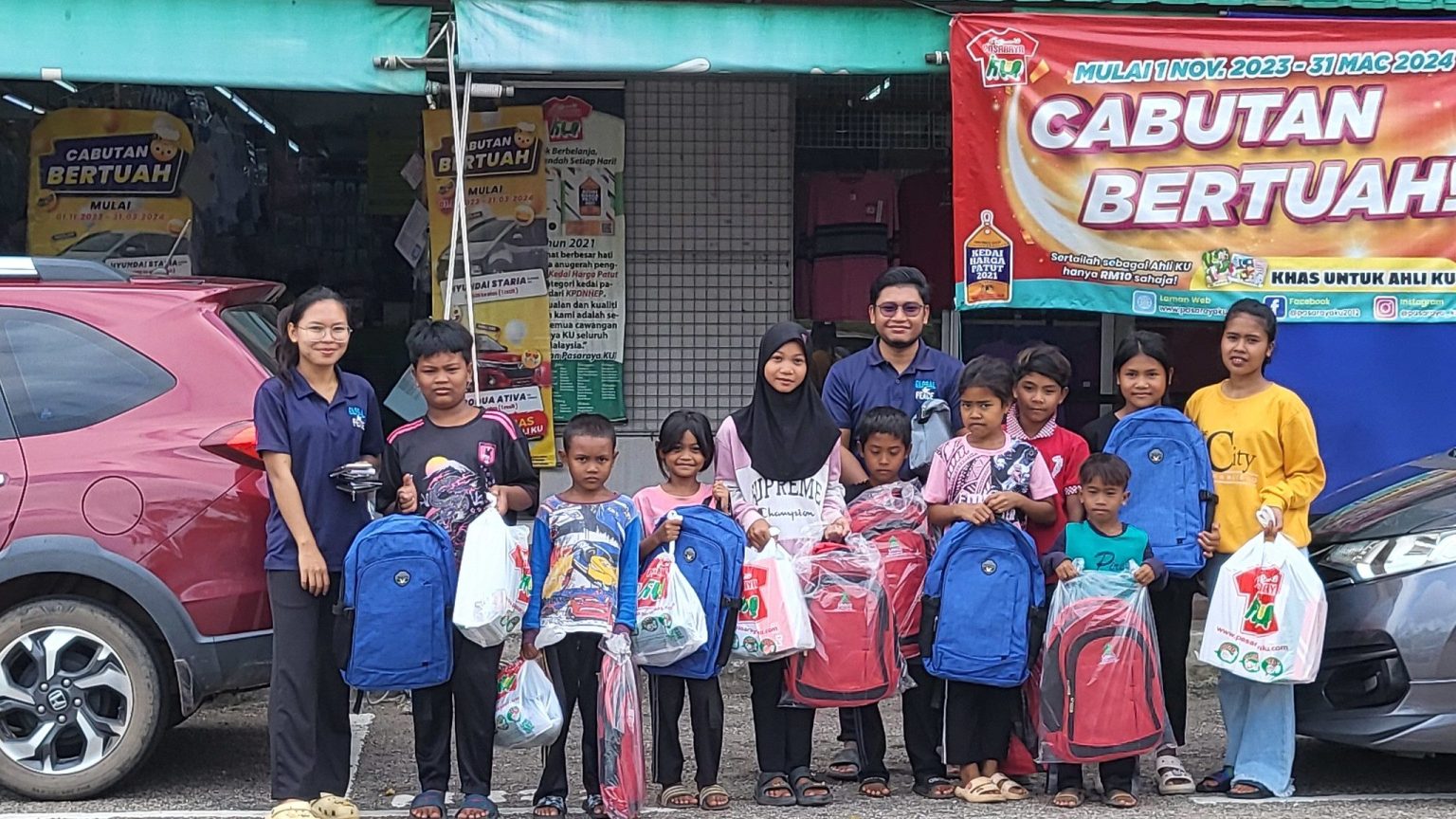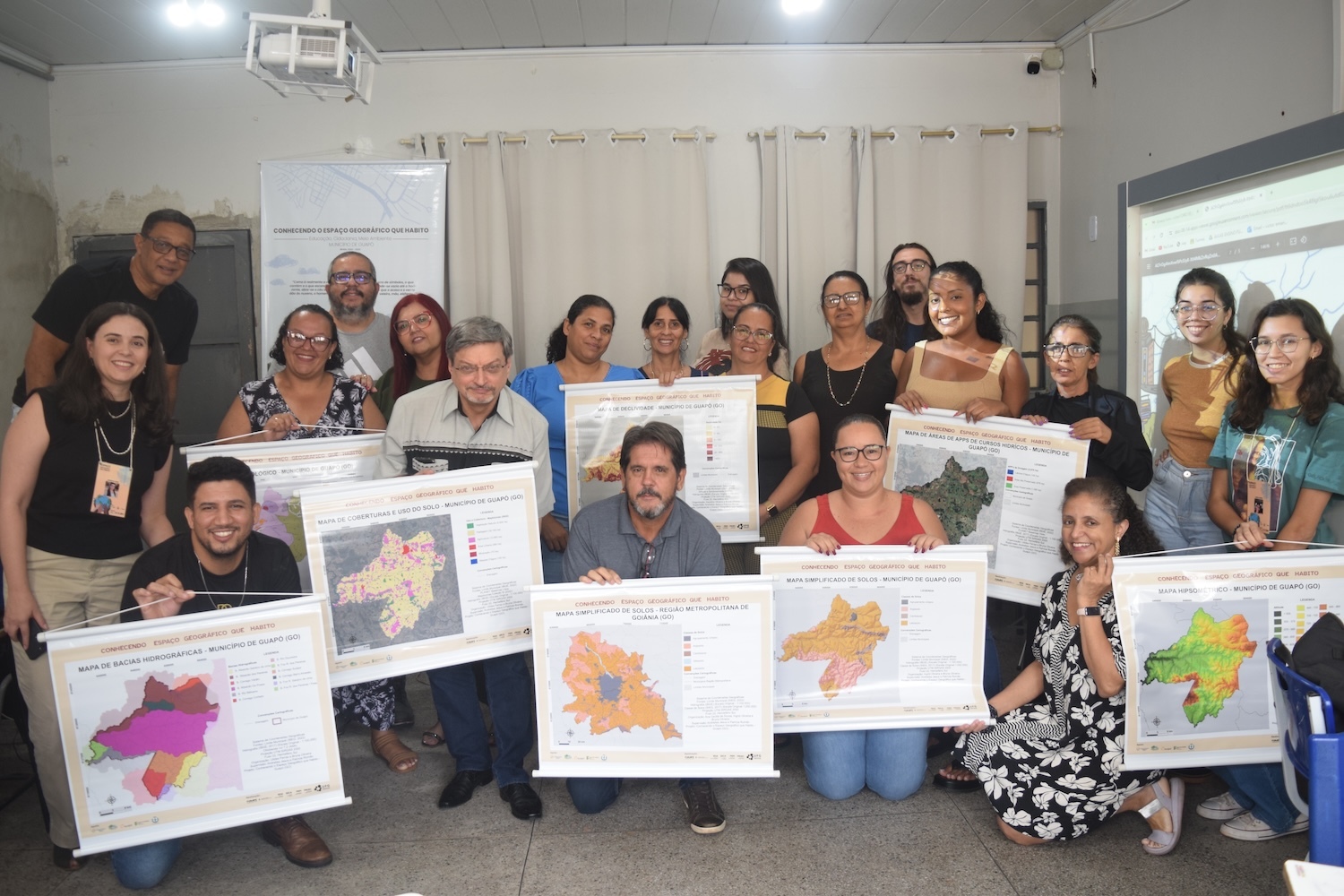“Health outcomes are not achievable without solid human services infrastructure, across the lifespan,” said Dr. Askew, panelist for the session “Social Determinant of Health” during the Global Peace Convention 2012 in Atlanta.
Dr. Askew observed, “Infants and children and youth who have safe, healthy and nurturing environments are better equipped to achieve in school and succeed in the work force later in life. Young and younger adults experience better outcomes when they develop and are able to use the tools to keep themselves strong, independent and healthy.” Studies also show that elderly who interact with children and have extended family have longer life expectancy.
Dr. George L. Askew is the first chief medical officer for the Administration for Children and Families (ACF). Ms. Dawson, the session moderator was the Director of the Office of Regional Operations and has served in ACF for over thirty years. Dr. Pamela Roshell, the second panelist, is the Regional Director of Region IV for the U.S. Department of Health and Human Services, the U.S. government’s lead agency for protecting the health of all Americans and providing essential human services:
- The Administration for Children and Families has been partnering with the Global Peace Foundation to spearhead innovative approaches to strengthening the family as the foundation of social-cohesion, health and overall success of individuals, families and communities.
Dr. Askew’s division in the Program Support Section of ACF, measures the outcomes of programs. Particularly it identifies the social determinants of health: the social, economic, physical conditions in the environments where people are born, live, work, play and worship.
ACF works to build and sustain systems, particularly the family and community, to ensure the health and well-being of Americans through the continuum of life, from birth to early childhood, from adult to aging and disabilities. ACF addresses four areas: family and economic support, children, specific populations and program support.
Dr. Askew is very proud of the work he does at the ACF. “We have the ability with all of our programs to touch every vulnerable person in this country.”
Across the board, from economic support, to education, safety and well-being, particularly for those who are victims of violence, neglect or trauma, ACF engages the family and surrounding community as the primary foundation and partners in addressing these issues.
To secure children’s rights to health and education, ACF programs work with both parents to ensure that they have the resources they need to take care of their children at home. ACF programs promote responsible fatherhood, and support parenting, marriage and healthy relationships.
Even when dealing with specific populations such as refugees and American-Indian tribes, the family and community are the foundation and storehouse of strengths and abilities to address issues like social integration, economic productivity, and quality of life.
A new initiative that Dr. Askew is spearheading in his position as chief medical officer in ACF is Global Health Services (GHS). The idea was born in January 2011, when the Department of Health and Human Services released its global health strategy without a concrete human services component. For Dr. Askew, GHS is an extrapolation of the mission of ACF into “cross-cultural educational, social and economic support activities that support the health, safety, self sufficiency of individuals and communities that are interconnected across the globe.”
His office provides data to inform new ways of addressing challenging issues. For example the office has issued data on the health impacts of human trafficking on victims and survivors.
It also studied the results of healthy fatherhood initiatives. The data indicates that offering physical and mental health services, relationship coaching and job enhancement is more effective in engaging fathers in child-rearing and support than law enforcement and prodding. A question during the Q and A session at the end of the session highlighted the centrality of mental health in good fatherhood.
Dr. Roshell discussed the aspects of the new Affordable Care Act that was passed in 2010. It has been phasing in different stages, with the objective of providing affordable healthcare for all Americans, as well as opening avenues for more preventative care rather than sick care.
Questions from the floor included discussion on the incorporation of alternative and traditional medicine in healthcare, both in international policy and domestic U.S. policy, as well as the need to provide healthy, nutritious foods for healthy development. Michelle Obama’s recent initiatives have striven to open the conversation and access to better food for children.
On International Day of Families 2013, with the focus of inter-generational cooperation, despite the challenges it faces, ACF’s approach to health through supporting families and communities has some merit for examination.



